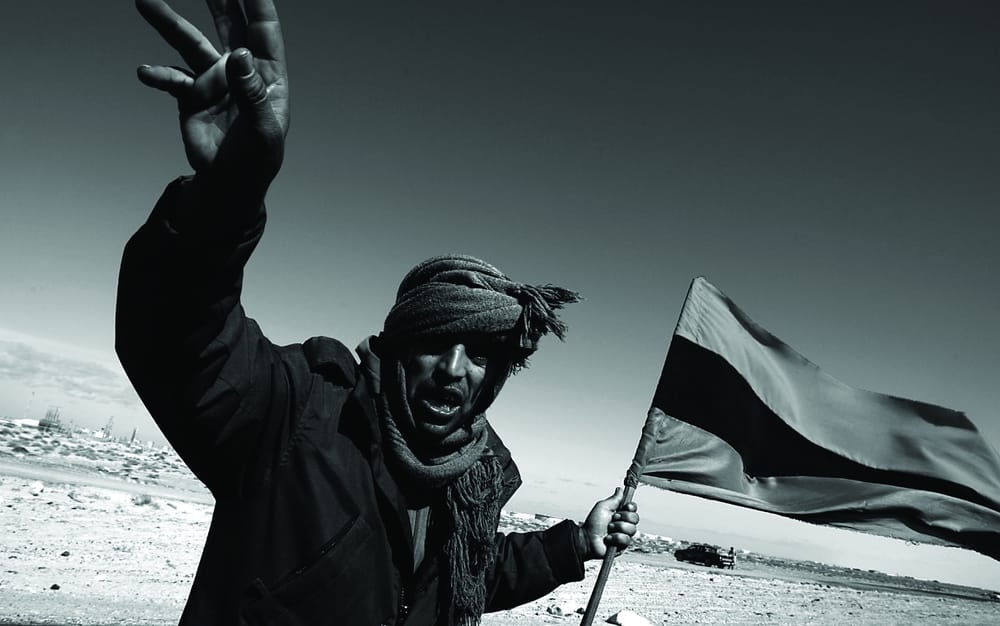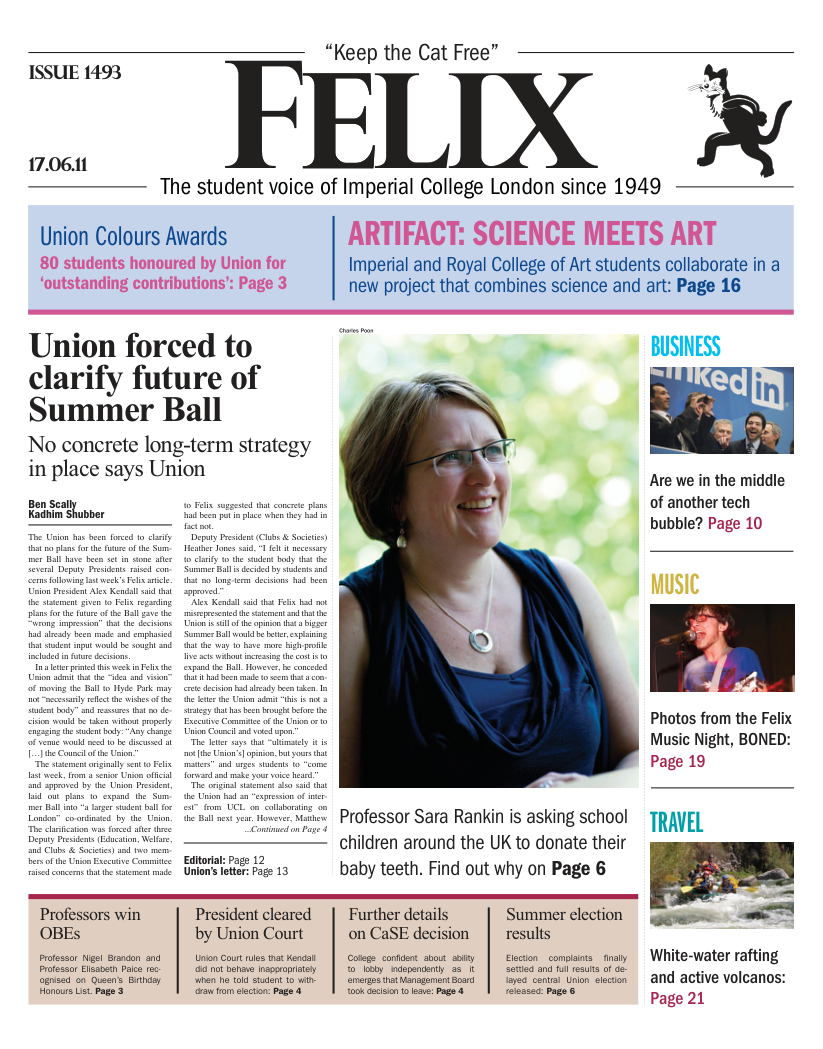Media morons
British media coverage of Libya is flimsy and subservient

It is a strange quirk of the British media that it is generally harshly critical of the internal affairs of our government, yet often almost blindly supportive of our affairs outside the EU. Consider, for instance, NATO’s recent intervention in the Libyan civil war. Major newspapers rarely seriously questioned whether the heavy bombardment of Tripoli was a breach of UN Resolution 1973. More importantly, few major newspapers asked in any depth about why our government was apparently so keen to use our resources to “protect civilians” in Libya, but not in Syria, Yemen or Bahrain.
The government’s reason – “humanitarian concerns,” – was accepted and lauded by many, and treated with cynicism by others. In an interesting (but extremely short and under researched) article in The Guardian, Neil Clark suggested that the real reason for the intervention was to further Western economic interests in the Middle East. Regrettably, he went no further in his claim. At no point did he mention the very important factors in the matter that would have greatly strengthened his argument: that Libya is an oil-rich country; that Gaddafi is an unstable leader; that the rebels seemed to have the upper hand in March, and that a military intervention would make the future (rebel) Libyan government indebted to the West.
That few major British media outlets went any further than to insinuate economic reasons demonstrates the journalistic disease that has been around for decades; very rarely do private media sources stray far from the allegedly neutral BBC version of events when it comes to foreign affairs.
Take, as another example, British involvement in the NATO bombing of Yugoslavia in 1999. At the time, the British media praised NATO for its intervention in the region. After the event, facts came to light which demonstrated that NATO had fabricated claims about genocide of 100,000 Albanians to justify their intervention. These claims had been quickly swallowed and published by the British media, and NATO then used this media frenzy to justify their intervention. The revelations about NATO’s exaggerated claims have rarely been published in British newspapers, presumably because the others fear the embarrassment of admitting that they were wrong.
It may seem, then, that The Guardian is the pinnacle of quality journalism, but I do not believe this to be the case. The fact that The Guardian has been slightly more commendable than other newspapers on a number of occasions, does not mean that it is much better than the rest of the British media. In the article I mentioned earlier by Neil Clark, he gives no evidence supporting his claims, nor any deep analysis beyond a wink and a nudge in the direction of Western imperialism. Compare this with the excellent range of articles by Al Jazeera journalists on the same matter with comprehensive source-citation and deep analysis. What’s more, many of these articles are written by UK- and US-based writers (Joseph Massad, Noam Chomsky, Larbi Sadiki).
Many will argue that the Qatar-based Al Jazeera will naturally have a more in-depth view of Middle Eastern politics. But surely, the fact the UK is participating in military action demands serious analysis by the British media. If the Iraq war has taught us anything, it should be that government reasons for military intervention should be very carefully and thoroughly analysed.
Why is it, then, that the media seems so reluctant to question our foreign affairs? I get the impression that it may be a feeling of over-inflated national importance left over from the days of the British Empire.
We subconsciously hold on to the ridiculous belief that those outside Europe and North America are poor, under-developed barbarians, who need our help to be “brought into the modern world”. As a result, our media institutions take the government’s “humanitarian” involvement in countries like Libya at face value – only our military help can boost “the economy and the prosperity and security of [Libya’s] people,” said the Telegraph.
Alas, it is beyond the scope of this article to directly criticise British (or US) foreign policy, but I do think that our nation’s attitude towards itself is in dire need of reconsideration. The fact that the most well-researched, and unbiased journalism on British foreign affairs is from a Middle Eastern news corporation should shock our own newspapers into rethinking the quality of their articles. Perhaps more importantly, it should encourage us to treat what we read, hear and see with an even more critical eye.





